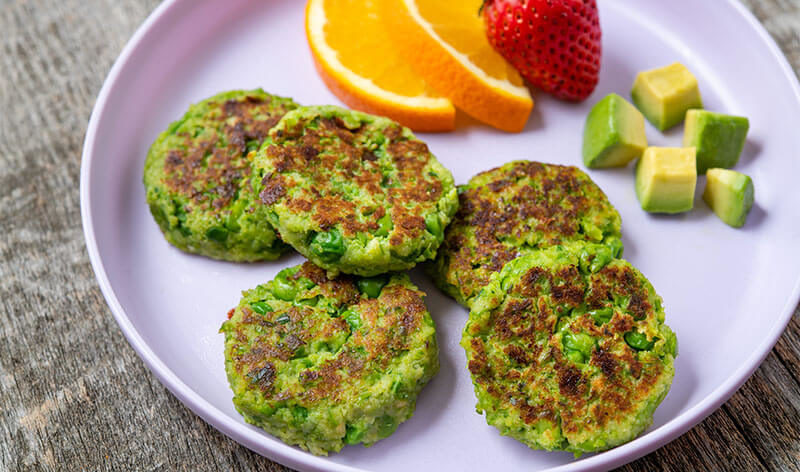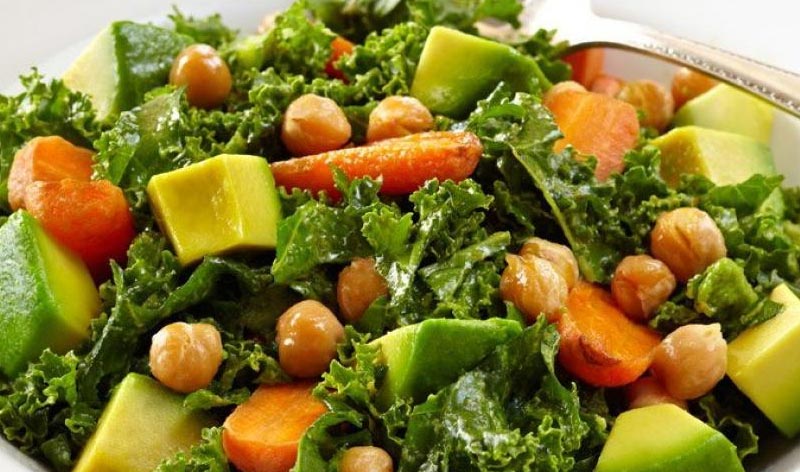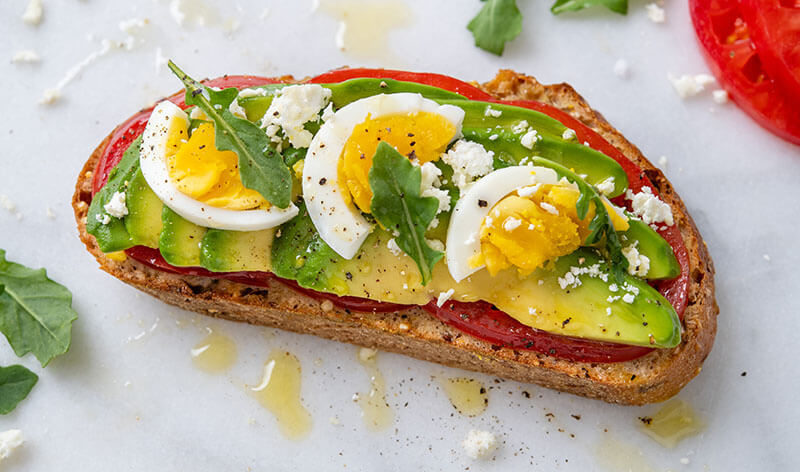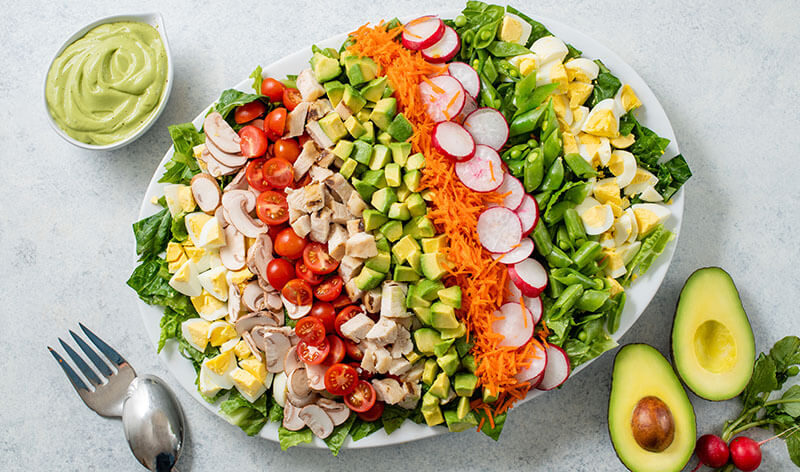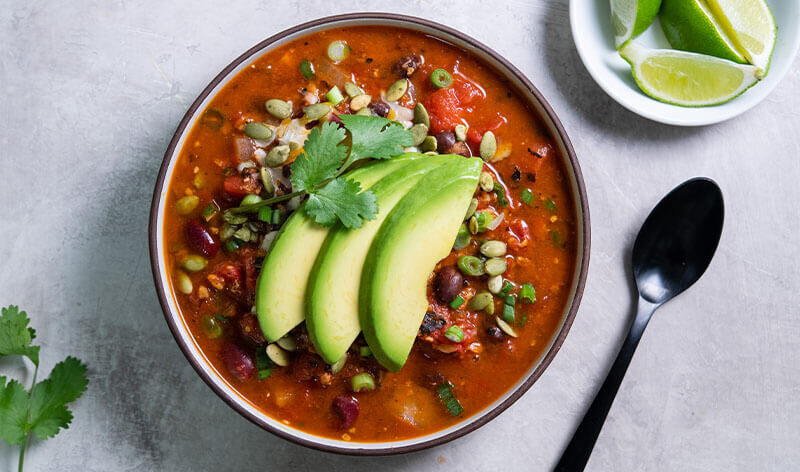that support breastfeeding*.
It takes a lot of energy to produce breast milk, and your need for calories and several nutrients increases to meet these demands.
While meal planning, add a variety of fruits, vegetables, whole grains, lean meats, eggs, low-fat dairy products, vegetable oils, and oils from whole foods like avocado, seafood, and nuts. Pay particular attention to foods that provide folate, iron, iodine, and choline.

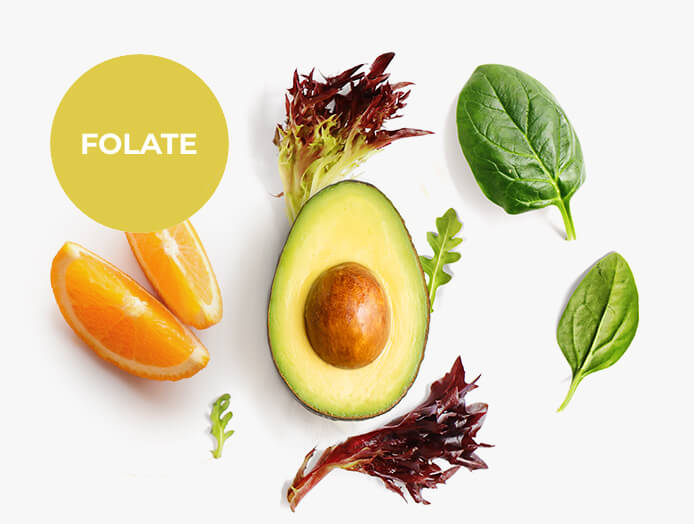
Folate is a critical nutrient during pregnancy and breastfeeding. Foods containing good sources of folate include avocados, oranges, dark leafy greens, and kidney beans.
Toss one-third of a medium avocado into a fresh, leafy green salad for a delicious meal rich in folate.

Iron helps your baby grow and develop normally. Lean meats, poultry, dark green veggies, beans, peas, and lentils contain iron.
Whip up this Spiced Lentil Bowl with Avocado for an iron-rich, plant-based dinner.

Iodine and choline are critical for a baby’s brain development. You can find sources of iodine in seafood**, low-fat dairy, and eggs. And choline is found in lean meats, poultry, seafood, beans, peas, and lentils.
Wake up to this Avocado and Egg breakfast sandwich.
**Aim for 8 to 12 ounces of low mercury seafood per week.
number of calories.
Creating breast milk is demanding on your body.
Use the MyPlate tool at www.myplate.gov/myplate-plan to calculate the calories you need while breastfeeding while keeping your weight in a healthy range.

Do you feel thirsty while breastfeeding? Thirst helps ensure that you stay adequately hydrated while breastfeeding your baby.
Though your hydration needs vary depending on your activity levels and dietary intake, try drinking a glass of water every time you breastfeed. Also, limit drinks containing caffeine and those with added sugar. Not drinking alcohol is the safest option because alcohol can pass to your baby in breast milk.



